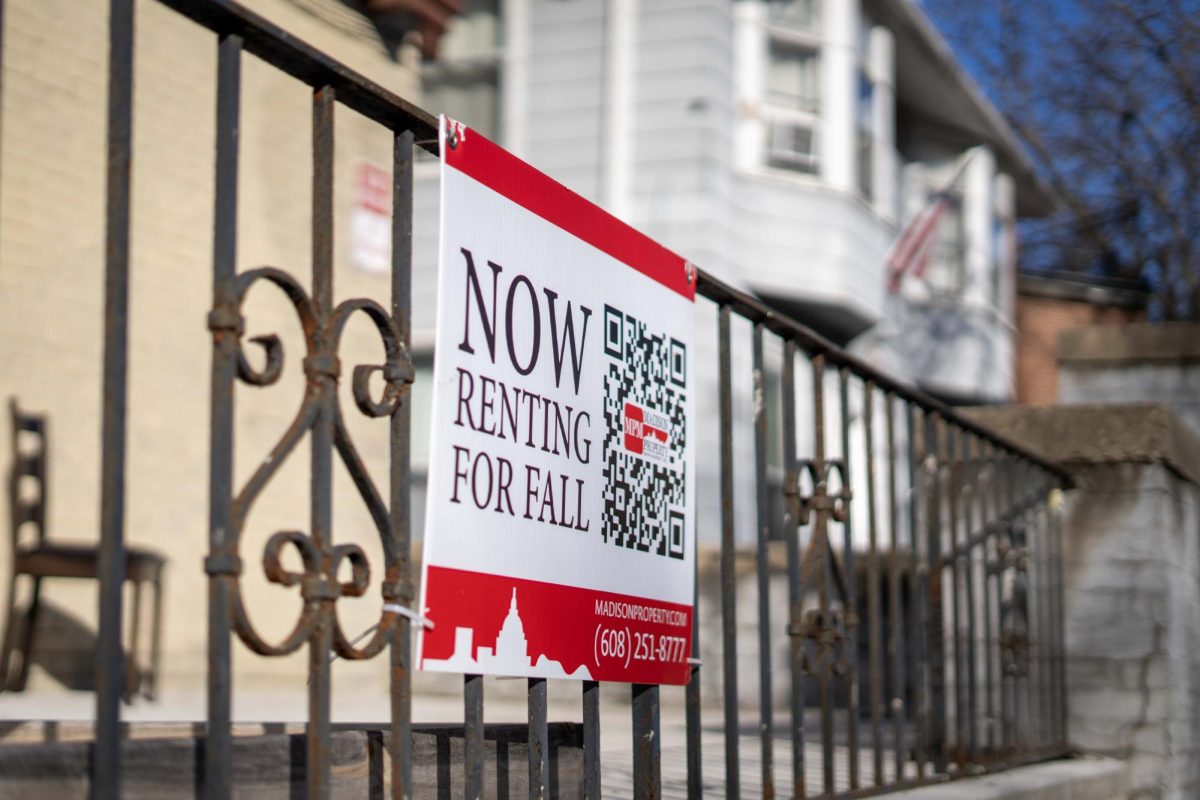Housing costs are rising rapidly in Madison, affordable housing is getting harder to find and many in Wisconsin feel its impacts, according to Madison Commons.
“In recent years, Madison has had the largest rent increase of any city in the country,” Roys said.
The proposed 2025 bill would ban the use of algorithmic software for determining rental prices or occupancy levels in residential properties and prohibits individuals from selling, licensing or offering such software to landlords, according to a press release.
Concerns have been raised about potential price collusion — a process where entities of individuals work together to influence a market or pricing to their advantage — among landlords through the use of rent-setting, according to the Wall Street Journal.
Price fixing is illegal under the Sherman Antitrust Act, which is the foundation for antitrust laws and harms consumers by artificially inflating prices, according to the U.S. Department of Justice.
Roys explained while technology may change the way collusion happens, it remains just as harmful.
“Right now there are big companies that aggregate private data, data that’s not readily available to the public,” Roys said. “Then they compile it and sell it as a subscription to landlords and offer recommendations to landlords about, for instance, increasing their vacancy rate or massive rent hikes or even lease terms.”
Landlords across the U.S. are using rent-setting software, like RealPage’s YieldStar, to help determine how much to charge for rent, according to the Wall Street Journal.
Instead of setting prices independently, these software programs collect rent data from multiple landlords, analyze trends and suggest rent increases, according to the Wall Street Journal.
“When you sign up for these services, you provide your private data to the company and then the company adds it to all the other private data from all the other landlords,” Roys said. “So the more landlords who join in on the services, the more effective the services are at fixing prices and stifling competition.”
While companies that develop and market these tools argue they can help landlords maximize profits and respond to market conditions, critics argue they effectively facilitate collusion by standardizing rent increases across an entire market, according to the Wall Street Journal.
As rent prices continue to rise, the debate over regulating rent-setting algorithms is expected to intensify in Wisconsin and beyond, potentially setting a precedent for other states addressing tech-driven price manipulation in the housing market, according to the Wall Street Journal.


